OPINION
Published on 25 Jan 2023
The mental lexicon: A blueprint for the dictionaries of tomorrow?
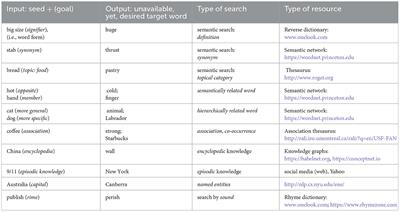
doi 10.3389/frai.2022.1027392
- 2,130 views
- 1 citation
4,821
Total downloads
29k
Total views and downloads
OPINION
Published on 25 Jan 2023

EDITORIAL
Published on 18 Jul 2022
ORIGINAL RESEARCH
Published on 21 Apr 2022
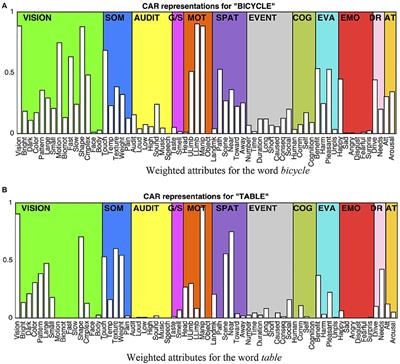
HYPOTHESIS AND THEORY
Published on 23 Feb 2022
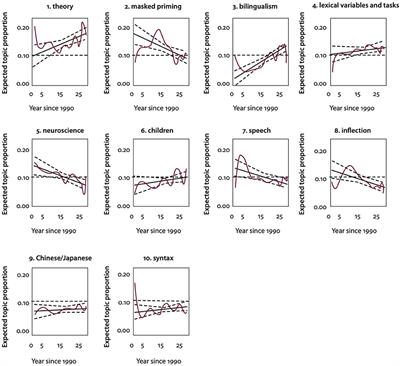
ORIGINAL RESEARCH
Published on 23 Feb 2022
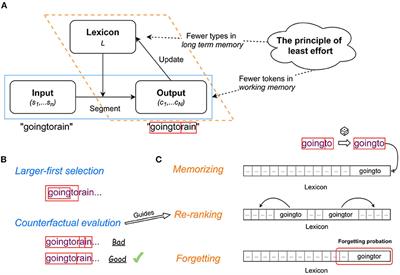
ORIGINAL RESEARCH
Published on 22 Feb 2022
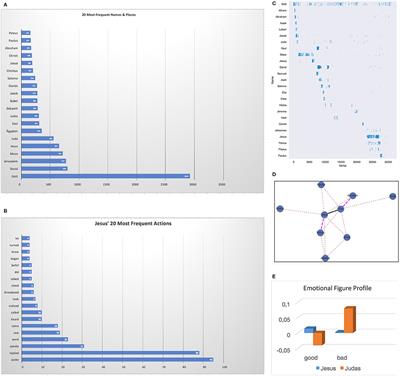
ORIGINAL RESEARCH
Published on 07 Feb 2022
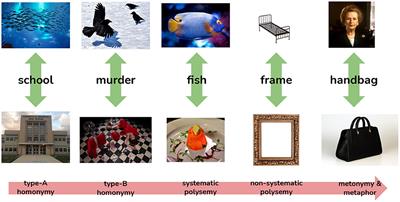
ORIGINAL RESEARCH
Published on 02 Feb 2022
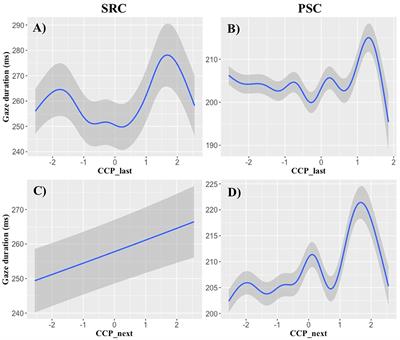
CONCEPTUAL ANALYSIS
Published on 07 Sep 2021